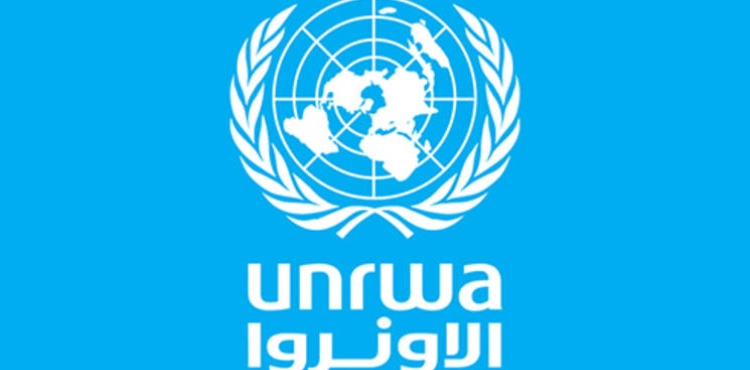The Mental Health and Psychosocial Support Unit of the UNRWA Education Program in Gaza launched peer support sessions on a large scale for all program staff with a strong focus on teachers.
Nearly 10,000 teachers working in UNRWA schools had the opportunity to participate in at least one session, to get rid of the negative effects that may have been acquired during the past period, which were exacerbated by the Covid-19 pandemic, the ongoing siege and psychological and social pressures, especially after the recent aggression that had Significant effects on the psychological, social and emotional well-being of the residents of the Strip.
He noted that teachers were provided with guidelines on dealing with children and people they love based on what they learned about themselves.
He said, “The Mental Health and Psychosocial Support Unit believes that caring for UNRWA staff after the latest escalation is the first vital step towards supporting the refugee population.”
Peer support sessions were implemented by 254 school counselors distributed throughout the Gaza Strip, where counselors received similar sessions supervised by 20 male and female specialists in the Mental Health and Psychosocial Support Unit in the Education Program.
The specialists also received training from the Head of the Mental Health and Psychosocial Support Unit in the Education Program, using materials developed in collaboration with international consultants holding professorships in psychology.
Ahmed Thabet, a mental health and psychosocial support specialist in the education programme, said, “The recent conflict has had a devastating psychological impact on everyone living in the Gaza Strip, including our teachers and students, as many of them lost a family member, friend or even their home, in addition to the impact of fear. From the indiscriminate bombing that caused many psychological disorders among teachers and students.”
He added, "This forced us to implement psychological support sessions to ensure that teachers can deal with students properly.. We listened to teachers´ experiences with their families and students during the conflict as a kind of de-stressing, and we trained them on how to deal with students who were directly or indirectly affected." directly during the conflict.
The Education Program´s Mental Health and Psychosocial Support Unit has developed plans for teachers and counsellors to reach and communicate with students through the phone call, the UNRWA education platform, as well as the school´s web pages.
The number and names of students who have lost a member or family members, or whose homes have been destroyed, are being counted in order to follow up on their psychological condition and provide them with individual support through UNRWA psychological counselors.
Parents can contact both UNRWA counselors and teachers to provide the support and advice their children need, according to the UNRWA statement.












